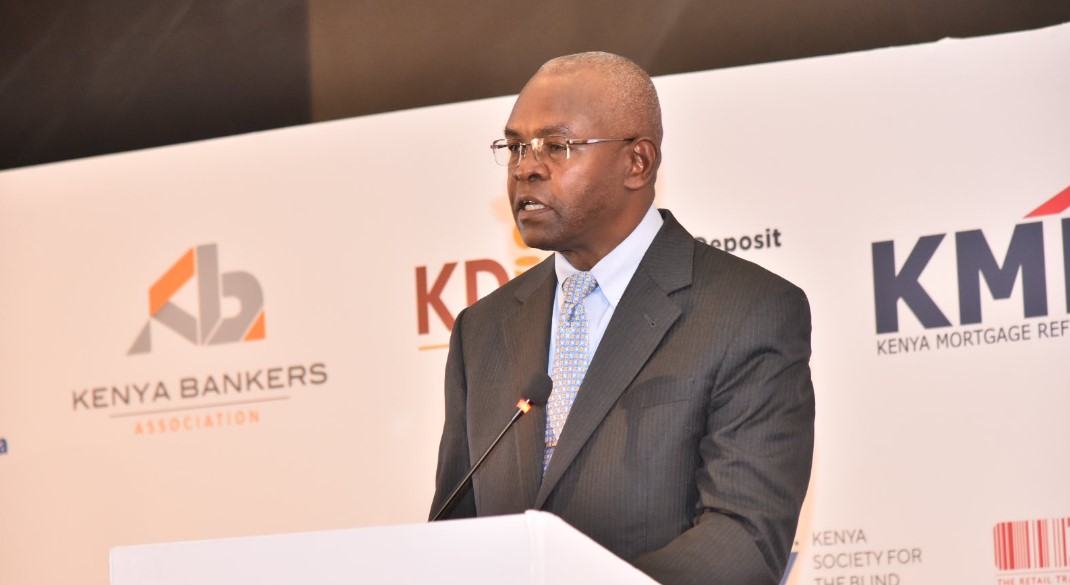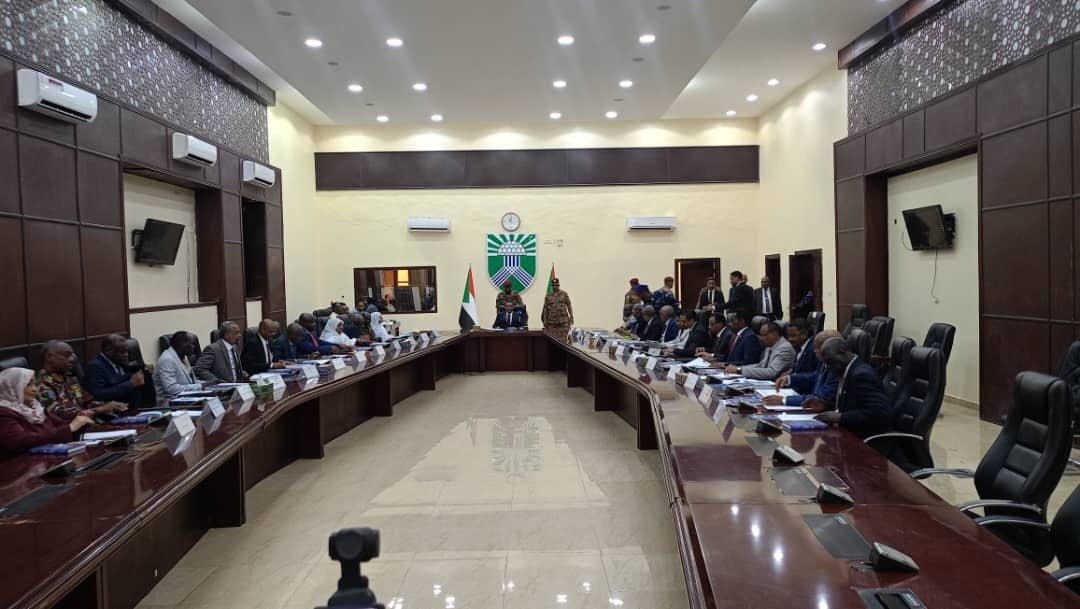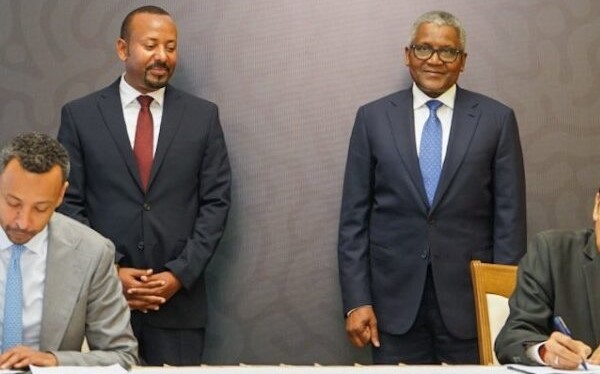Kenya mulls streamlining climate funding with new CBK rules

For investors, the rules will provide the information needed to assess the financial implications of climate change on potential investments and identify companies well-positioned for the transition to a low-carbon economy.
In a bid to streamline climate action while stamping out greenwashing, the Central Bank of Kenya is seeking to adopt new rules that will assist commercial banks in collating and disclosing climate-related information in a relevant, useful, consistent and comparable manner.
For investors, the rules will provide the information needed to assess the financial implications of climate change on potential investments and identify companies well-positioned for the transition to a low-carbon economy.
More To Read
- Africa Climate Summit 2025: Addis Ababa faces pressure to deliver on Nairobi Declaration pledges
- From sea ice to ocean currents, Antarctica is now undergoing abrupt changes
- Africa’s top climate change challenges: A fairer deal on phasing out fossil fuels and mobilising funds
- Energy transition faces stark reality as oil demand set to rise to 2030
- Historic climate change ruling from the International Court of Justice: What it means for Africa
- KenGen unveils battery energy storage system in fresh renewable energy push
Nevertheless, the general public and other stakeholders through the guidelines, will benefit from increased transparency, fostering accountability within the financial sector and encouraging businesses to adopt more sustainable practices.
This is through the proposed Climate Risk Disclosure Framework, a draft now at the public consultation stage.
In a notice dated September 18, CBK requested interested stakeholders to share their comments on the proposal and provide further inputs within the coming 43 days from the day of communication.
Second-generation reforms
The framework is part of CBK's ongoing second-generation reforms aimed at greening the banking sector.
It is aligned with global best practices and standards such as the International Financial Reporting Standards (IFRS) S2 on climate-related disclosures, and Basel Committee on Banking Supervision (BCBS) principles on climate-related financial risks.
It comes along with the recently issued draft, Kenya Green Finance Taxonomy (KGFT), which is part of the Greening Financial Systems Technical Assistance Programme to CBK by the European Investment Bank (EIB) that commenced in October 2023.
The KGFT is a classification tool that seeks to dictate whether particular economic activities are green, or environmentally sustainable to better position them for funding by investors.
CBK notes that the classification system will play a key role in unlocking sustainable finance and stimulating the allocation of capital to support a climate-resilient economy.
The system defines a minimum set of activities that are eligible to be defined as "green" in line with international best practices and national priorities.
Akin to other best-practice national taxonomies, KGFT contains structural elements such as environmental objectives, sectors and economic activities with well-defined Technical Screening Criteria (TSC).
"It can be used by investors, issuers and other financial sector participants to track, monitor and demonstrate the credentials of their green activities transparently and efficiently," CBK says.
In doing so, the lender says it will help the financial sector with clarity and certainty in selecting green investments.
"Further, it will reduce the costs associated with labelling and issuing green financial instruments, unlock significant investment opportunities for Kenya in a broad range of green and climate-friendly assets."
Top Stories Today










































